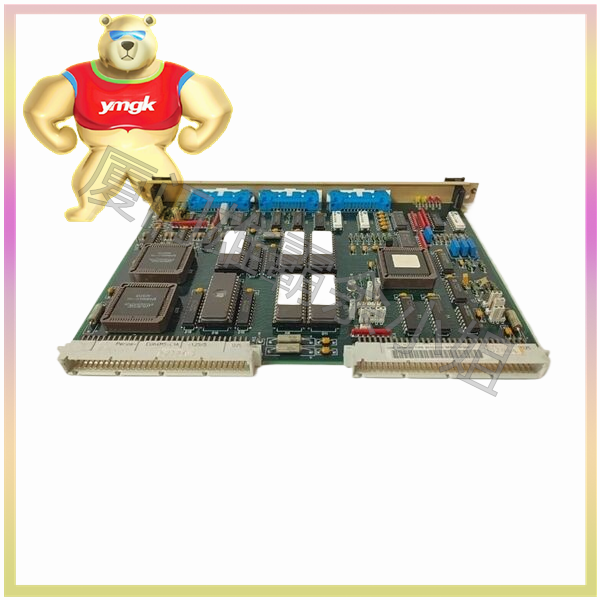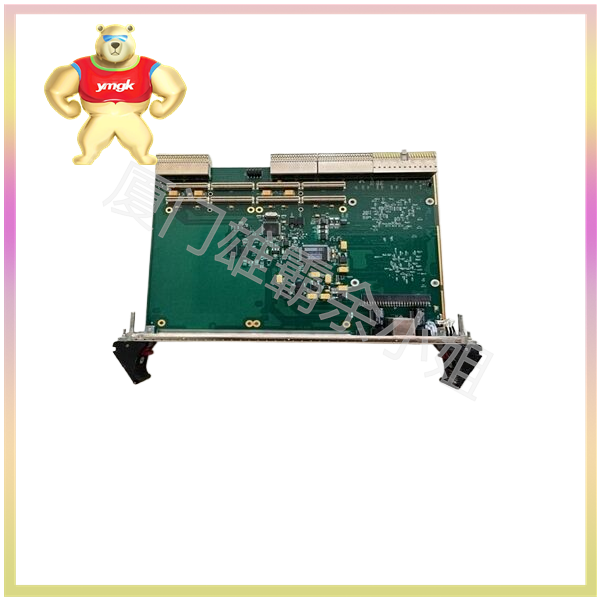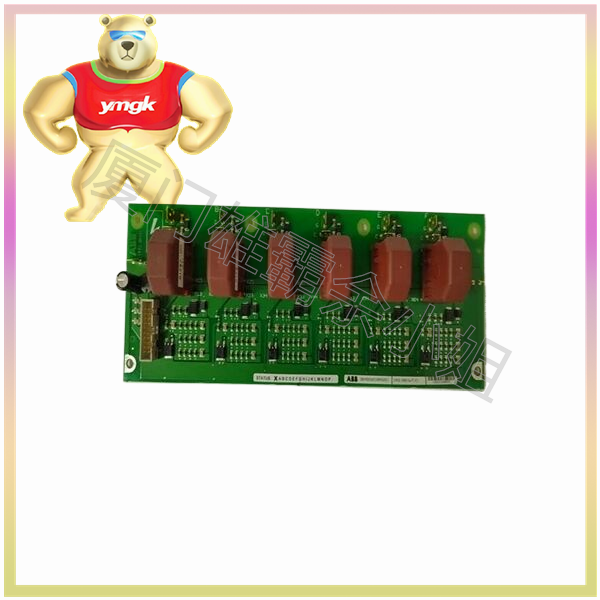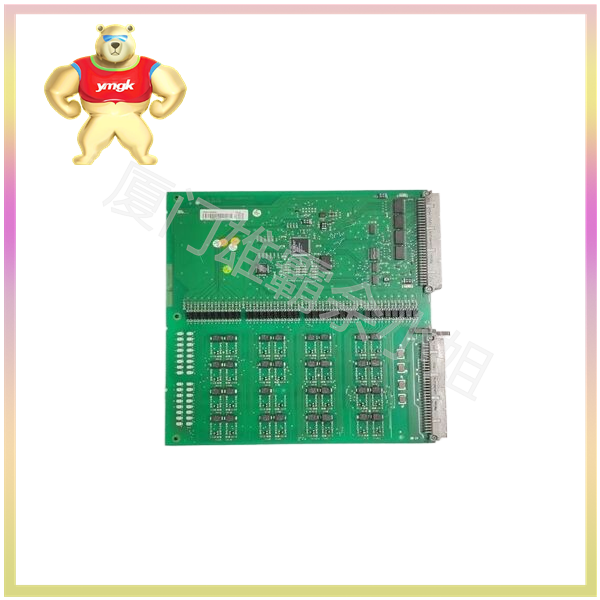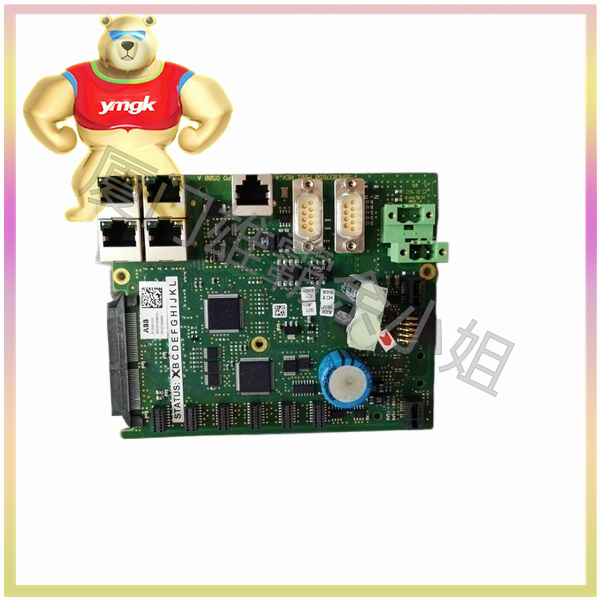Basic functions of PLC I/O modules
The I/O module of PLC is the interface between PLC and external devices, responsible for the transmission and exchange of information. Specifically, I/O modules have the following basic functions:
Input signal acquisition and processing
The input part of the PLC I/O module is responsible for collecting input signals from external devices. These signals may come from various devices such as sensors, buttons, switches, etc., representing the status and information of the control site. The I/O module transmits these signals to the logic control program in the PLC through input channels, providing decision-making basis for the system.
(1) Signal type: PLC I/O modules can receive various types of input signals, including switch signals (such as button and switch status) and analog signals (such as measured values from sensors such as temperature, pressure, and liquid level). After appropriate processing and conversion, these signals can be utilized by PLC logic control programs.
(2) Signal processing: In the process of collecting input signals, I/O modules usually perform filtering, level conversion, isolation, and other processing on the signals to improve their stability and reliability. These processing procedures help reduce the impact of external interference and noise on the system.
Output signal control
In addition to collecting input signals, the PLC I/O module is also responsible for controlling the output signals of external devices. These output signals can drive various actuators such as actuators, motors, valves, etc., to achieve control of production lines or industrial processes.
(1) Signal type: The output signals of PLC I/O modules also include two types: switch signals and analog signals. The switch signal is used to control the on/off status of the equipment, while the analog signal is used to control the operating parameters of the equipment (such as speed, position, etc.).
(2) Signal control: Through output channels, PLC can send instructions to external devices to achieve precise control of production lines or industrial processes. Accurate control of output signals is crucial to ensure that the system operates according to the predetermined plan.
3、 The Importance of PLC I/O Modules
The importance of PLC I/O modules in industrial automation is self-evident, mainly reflected in the following aspects:
Improve system reliability
PLC I/O modules usually have signal isolation and protection functions, which can prevent external environmental interference from affecting the control system. Signal isolation ensures electrical isolation between input and output signals by using appropriate isolation components such as optocouplers or isolation amplifiers, avoiding the transmission of current or voltage. This helps to improve the stability and reliability of the system, reducing failures and downtime caused by external interference.
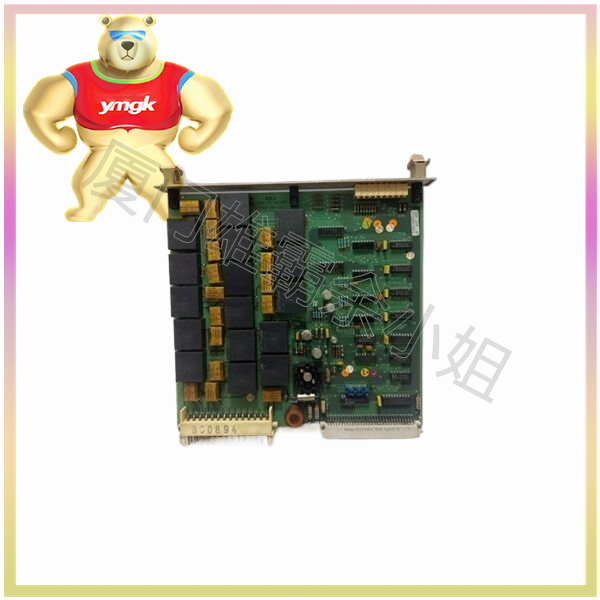
Improve control accuracy
PLC I/O modules can convert input signals from external devices into digital signals and process and control them through PLC. The accuracy of digital signals is higher than that of analog signals, which can reduce errors caused by the physical characteristics of sensors and actuators. In addition, digital signals can also undergo digital signal processing (such as filtering) to further improve control accuracy. This is particularly important for application scenarios that require high-precision control, such as temperature control, pressure control, etc.
Realize real-time monitoring and diagnosis
The PLC I/O module is also responsible for real-time monitoring and diagnosis of input and output signals. By monitoring the input and output status of the system, engineers can track its performance, promptly identify potential issues, and carry out corresponding maintenance and repairs. This helps to improve the reliability and stability of the system, reducing downtime in production. In addition, through diagnostic functions, engineers can quickly locate the source of faults and improve the efficiency of fault handling.
Improve system flexibility and scalability
The design of PLC I/O modules usually takes into account the flexibility and scalability of industrial control systems. Modular design enables users to add or remove specific input-output channels as needed to adapt to different application scenarios. This flexibility enables PLC systems to respond to the constantly changing demands of industrial production and maintain a high degree of adaptability. Meanwhile, the standardization and universality of I/O modules also make system maintenance and upgrades easier.


